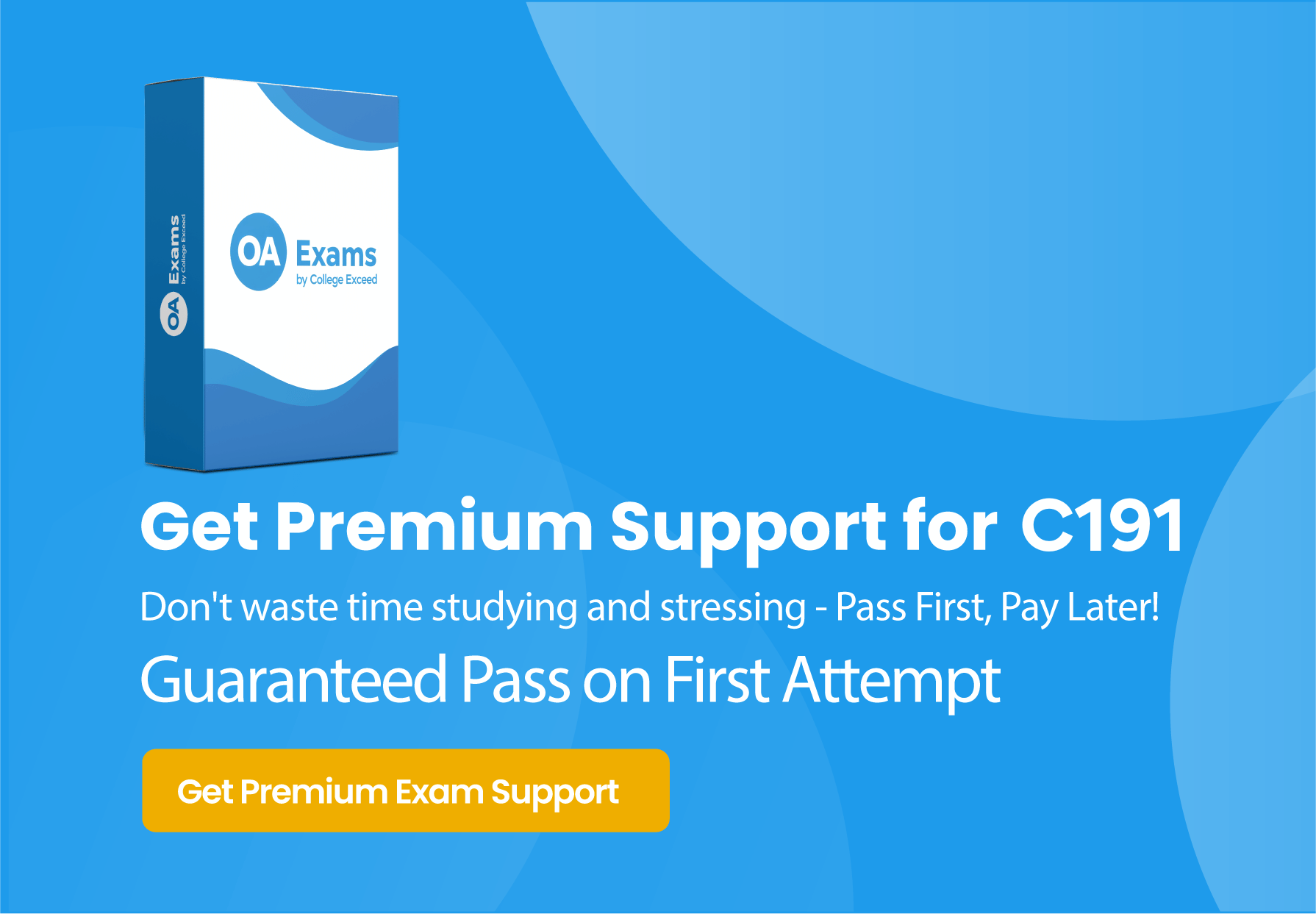C191 Operating Systems for Programmers Practice Questions - Set 1 - Part 1
Test your knowledge of data-driven decision making concepts with these practice questions. Each question includes detailed explanations to help you understand the correct answers.
Question 1: What is the purpose of a process control block (PCB)?
Question 2: What is the primary function of the short-term scheduler?
Question 3: In which state does a process wait for an event to occur?
Question 4: What occurs when a process transitions from the ready state to the running state?
Question 5: What is context switching?
Question 6: Which scheduling algorithm is most suitable for time-sharing systems?
Question 7: In priority scheduling, which process is selected to run next?
Question 8: What is a deadlock?
Question 9: What is the purpose of mutual exclusion in concurrent systems?
Question 10: What does the Banker's Algorithm help prevent?
Question 11: What is the function of the long-term scheduler?
Question 12: Which of the following is true about preemptive scheduling?
Question 13: What is the main goal of a time-sharing system?
Question 14: Which type of memory allocation leads to external fragmentation?
Question 15: What is the purpose of a page table?
Question 16: What is a page fault?
Question 17: What is demand paging?
Question 18: In which memory management scheme are fixed-size blocks used?
Question 19: What is the main advantage of virtual memory?
Question 20: What is thrashing in memory management?
Need Guaranteed Results?
Don't want to study? Our exam support service guarantees you'll pass your OA on the first attempt. Pay only after you pass!
Get Exam Support

